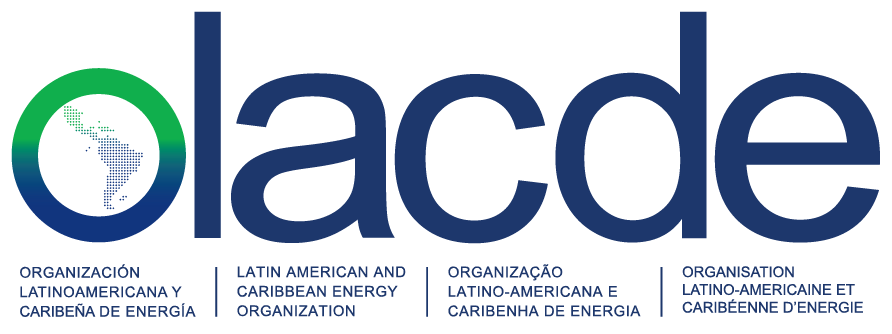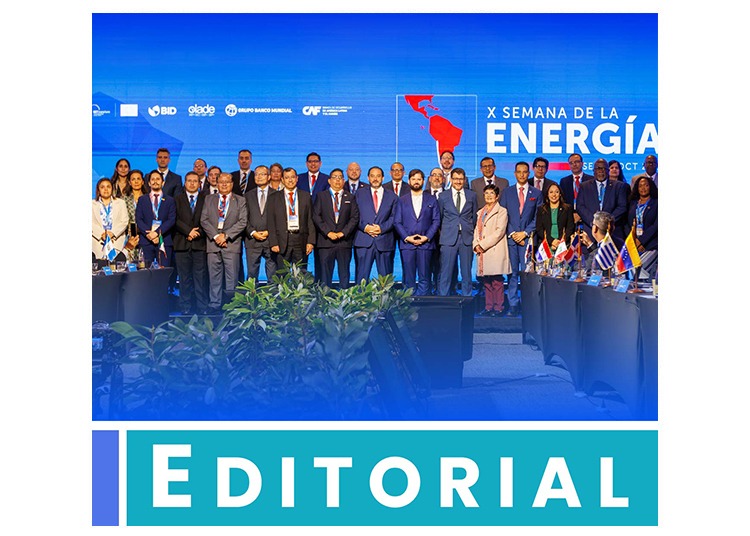In a global context marked by the climate crisis and geopolitical tensions, Latin America and the Caribbean have consolidated themselves as a region determined to redefine their energy future. During the 10th Energy Week, held in Santiago, Chile, the ministers of the 27 member countries of The Latin American and Caribbean Energy Organization (OLACDE) reaffirmed their commitment to a just, inclusive, and sustainable energy transition aimed at strengthening security, sovereignty, and social equity.
OLACDE’s Executive Secretary, Andrés Rebolledo, emphasized during the event that energy is no longer a sectoral issue but has become the structural axis of economic and social development — capable of determining the stability of nations and the hopes of future generations. He highlighted that the energy transition is not merely a technological process but also a social and political challenge that must place people at its center. Its legitimacy will depend on its ability to create decent jobs, reduce inequalities, and ensure universal access to modern services, advancing toward a more equitable and resilient development model.
Latin America and the Caribbean possess one of the cleanest electricity matrices in the world, with 70% of generation coming from renewable sources. However, access gaps persist, especially in rural communities. In response, OLACDE’s member countries adopted a regional commitment to achieve 95% access to clean cooking by 2035 through national policies and programs promoting sustainable technologies adapted to local realities. This initiative, Clean Cooking in Latin America and the Caribbean, represents a decisive step toward energy equity and improved quality of life for millions of people, while contributing to the reduction of pollutant emissions and the environmental health of the region.
During the 55th Ministerial Meeting, governments adopted decisions aimed at consolidating regional integration and regulatory convergence, promoting green employment and technical training, ensuring a just transition with shared benefits, and strengthening energy storage as a strategic pillar for the stability of electricity systems with high renewable participation. These actions reflect a joint, proactive vision that positions OLACDE as a key facilitator of technical and political cooperation in the region, fostering dialogue among governments, multilateral organizations, and the private sector.
Over a decade, Energy Week has become the leading forum for exchange and coordination on public policy, technological innovation, and energy sector financing in the region. Its tenth edition brought together more than 2,500 participants from 49 countries and over 160 institutions, in a cooperative effort that reinforces Latin America’s leadership in renewable energy and a just transition.
The next edition, to be held in the Dominican Republic in 2026, will continue advancing this agenda of integration and joint action. With strategic vision and a sense of urgency, Latin America and the Caribbean are moving toward a cleaner, more inclusive, and resilient energy model one where energy stands as a driver of human development, prosperity, and regional cohesion. OLACDE reaffirms its role as an intergovernmental technical organization serving its member countries, guiding the path toward a just energy transition with leadership, cooperation, and knowledge ensuring that no one is left behind.


